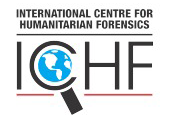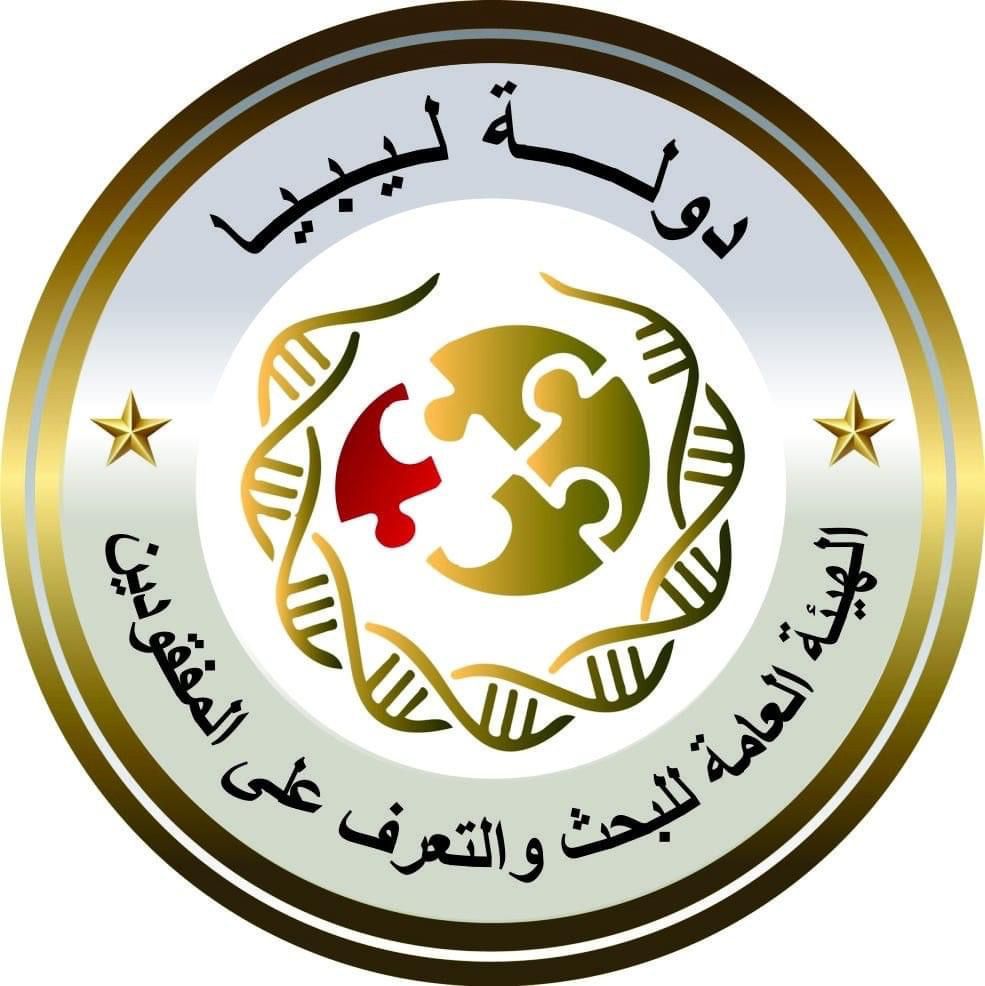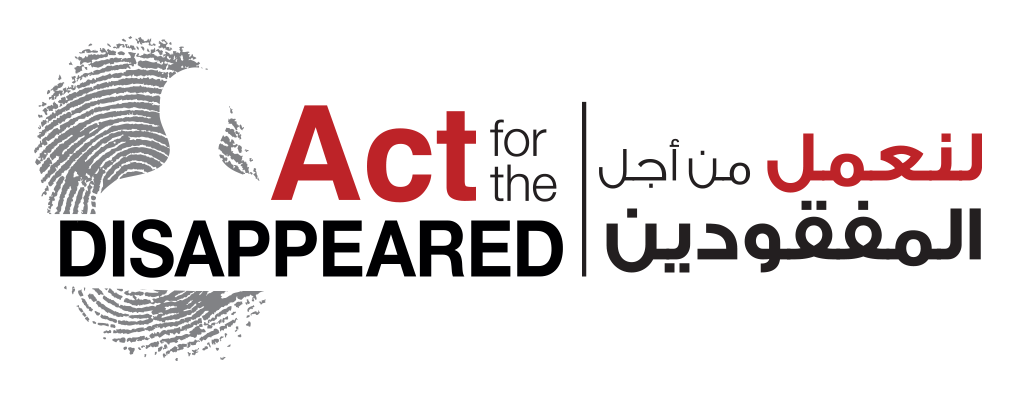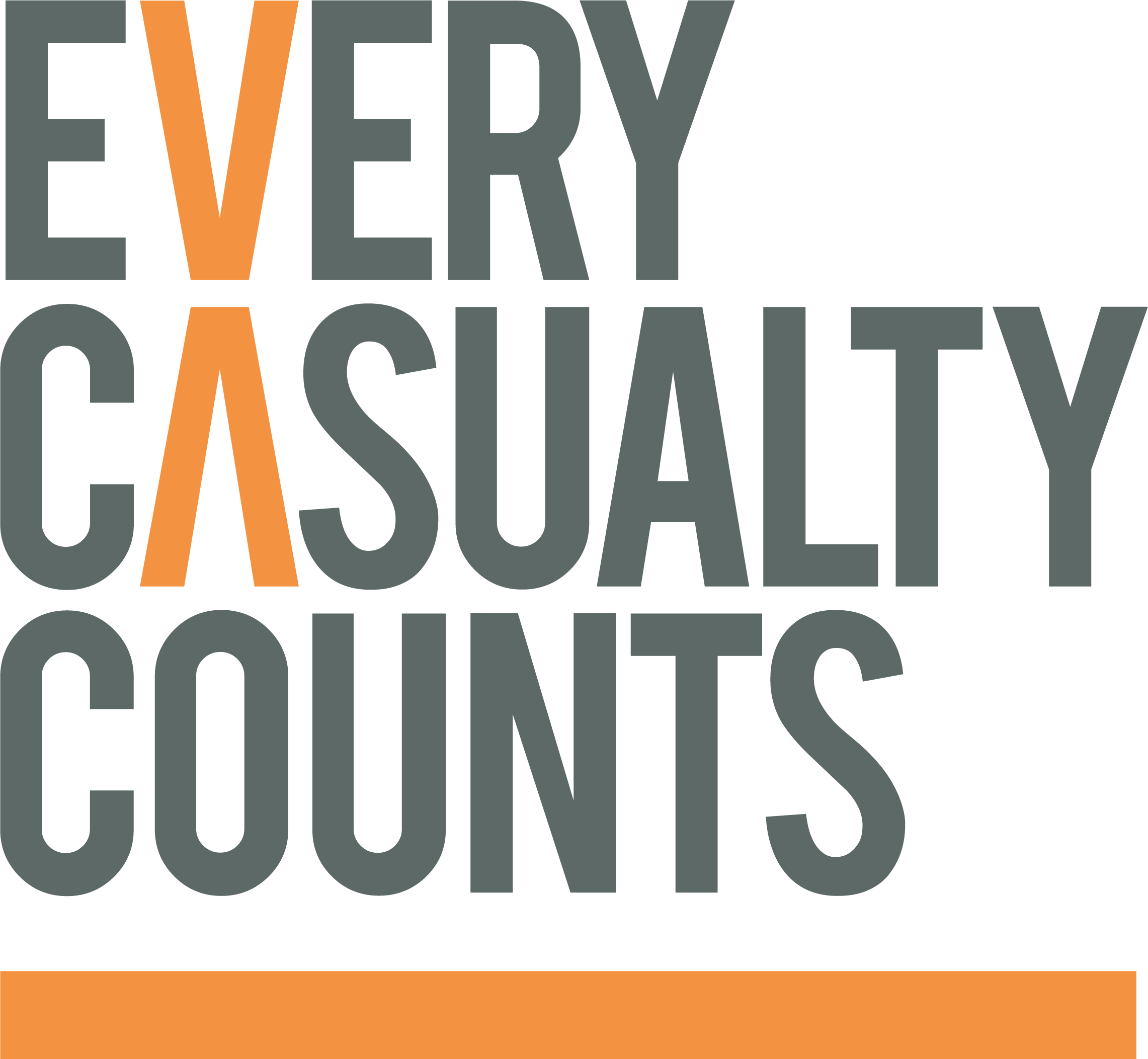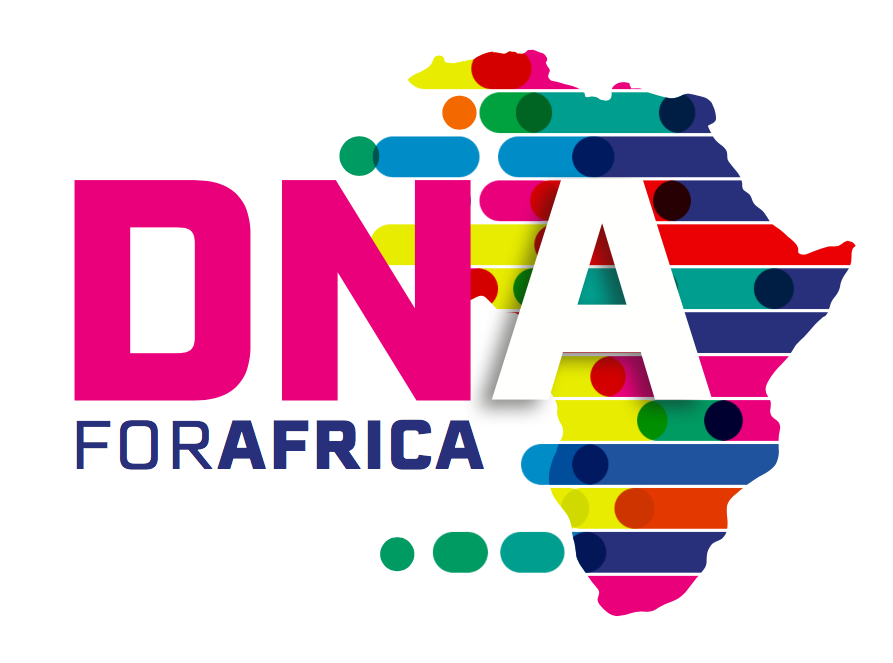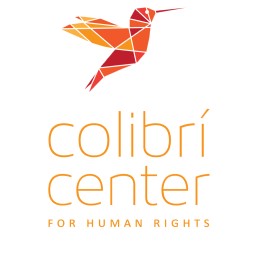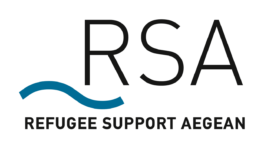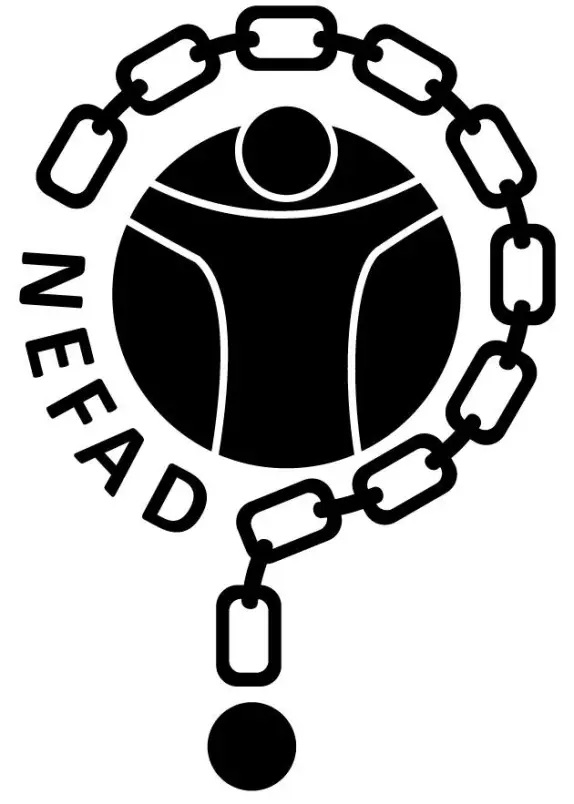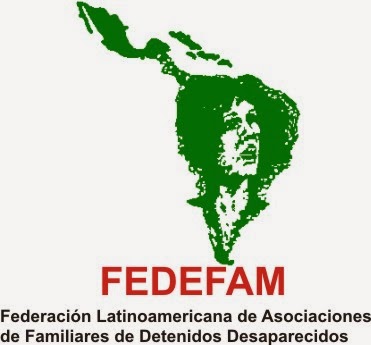
Victorian Institute of Forensic Medicine
The trial of Lindy Chamberlain was vital to the creation of the Victorian Institute of Forensic Pathology (as it was first known). The defence counsel representing the Chamberlains at their trial was the Hon. John Phillips QC. He was so appalled by the state of forensic expert evidence at that time that he joined the campaign led by Professor Vernon Pluekhahn for an independent body capable of producing objective and reliable evidence for the criminal justice system.
In 1983 the Attorney-General, the Hon. Jim Kennan, met with the Hon. John Phillips QC, Professor Vernon Pluekhahn and Professor Graeme Schofield (Dean of Medicine, Monash University) to assure them of his support for the establishment of a new Coronial Services Centre comprising of coroners courts and the Victorian Institute of Forensic Pathology (VIFP). Graeme Schofield had enthusiastically embraced the idea of creating a Chair in Forensic Medicine at Monash University and the Attorney-General confirmed that he would support funding to establish this position. It was agreed that the Chair would be occupied by the Director of the VIFP, thus establishing the critical link between operational service, training and research.
The Victorian Institute of Forensic Medicine (VIFM) was established in 1985 by the enactment of Part 9 of the Coroners Act 1985 to provide forensic pathology and scientific services to the State Coroner and Victorian justice system. It was recognised that forensic services were in need of modernisation and the VIFM was established to provide services to the State Coroner and the Victorian Justice system. In 1989 the Institute established the Donor Tissue Bank of Victoria and in 1995 incorporated Clinical Forensic Medicine, engaging forensic physicians to examine victims of crime under an agreement with Victoria Police.
Our Aim
We will embrace innovation to strengthen and enhance our position as a trusted leader in forensic medicine and science.
Our Purpose
At the VIFM we provide independent, quality forensic medical and scientific services to support families, the community and the justice system; and
undertake research and teaching to expand and share our knowledge and we do these things by valuing our people and engaging with our partners.
Our Values
Respect
We respect all people, our history, our calling and the law.
Openness
We are open minded, open to each other, and open to knowledge and learning.
Service
We provide services for the community which are responsive and client-focused.
Integrity
We will be beyond reproach. We commit to truth, confidentiality, impartiality and accountability. We commit to systems that are secure, reliable, accurate, valid and safe.
Innovation
We are creative and curious. We have a desire for knowledge, and we are not afraid to do things differently.





